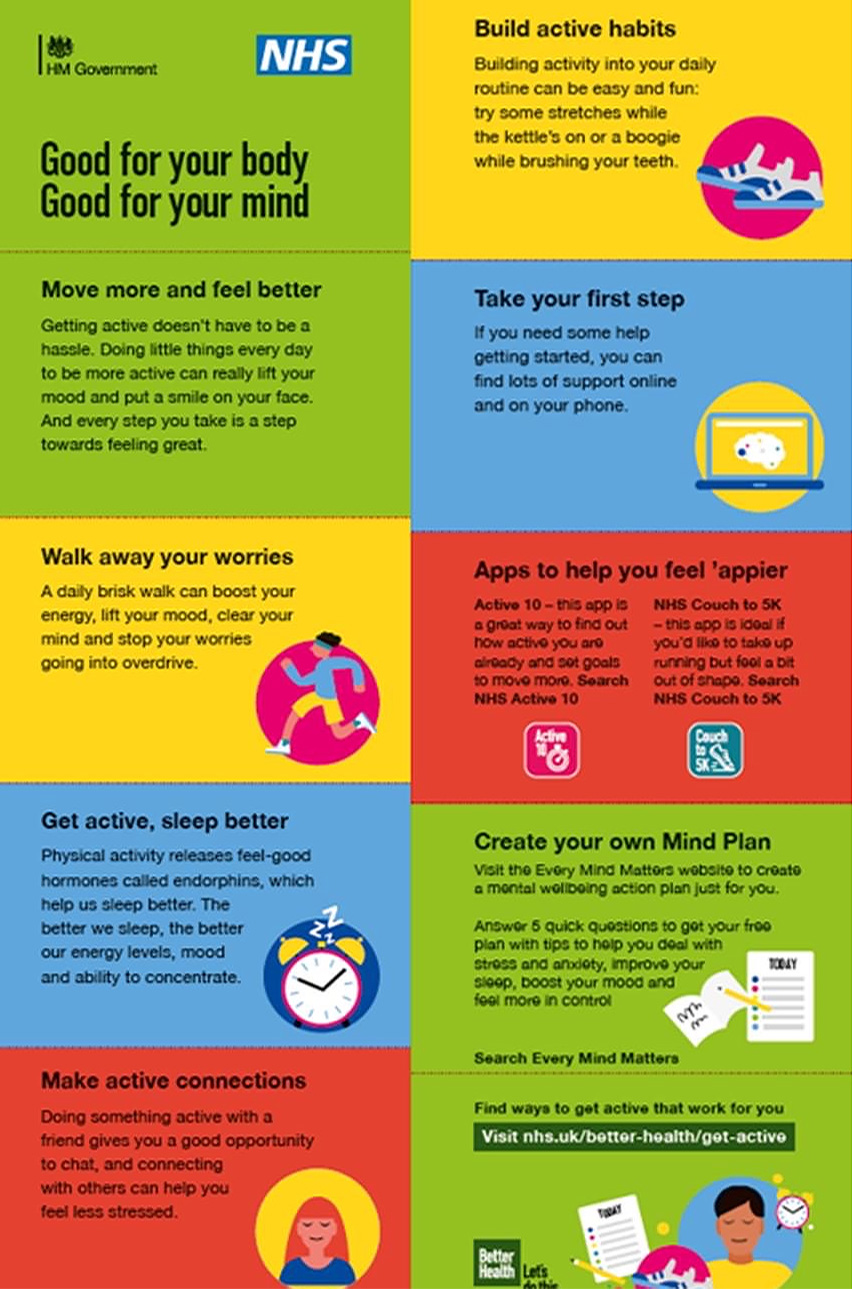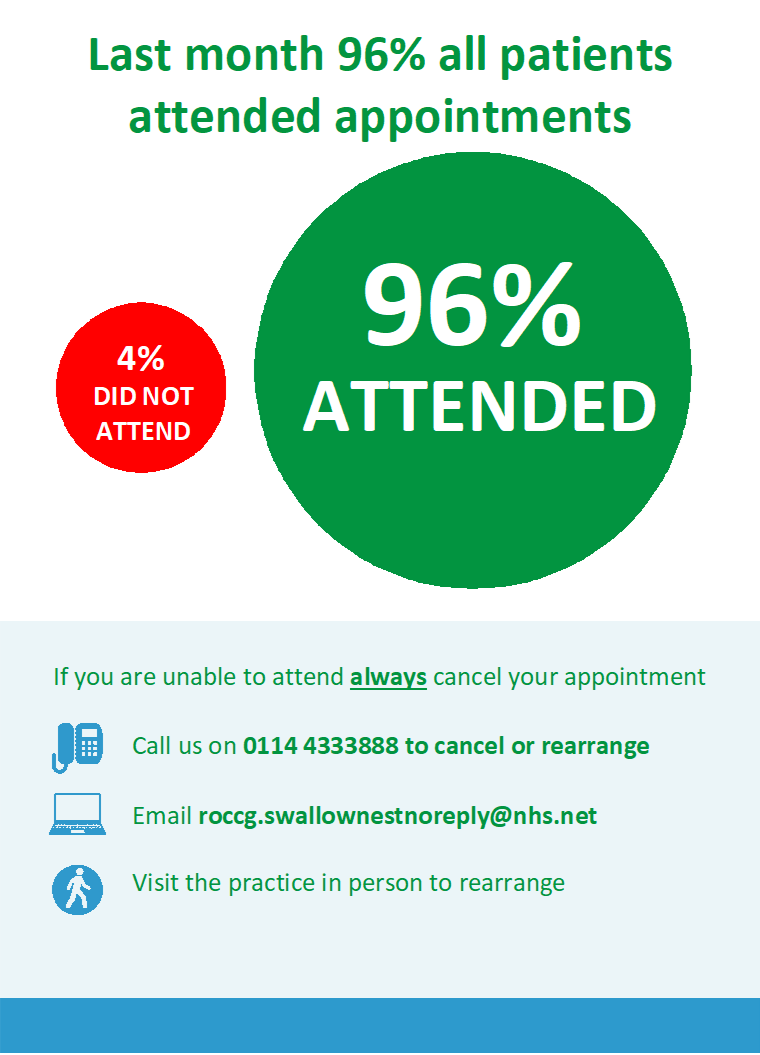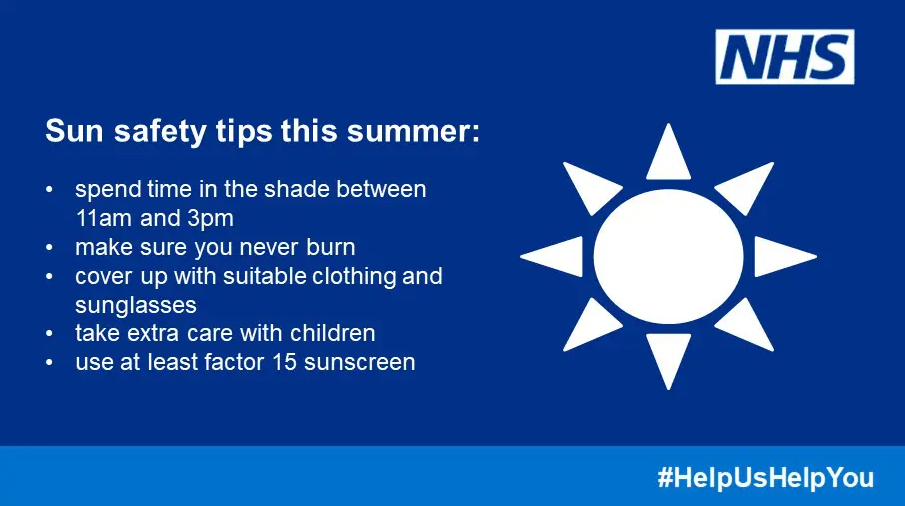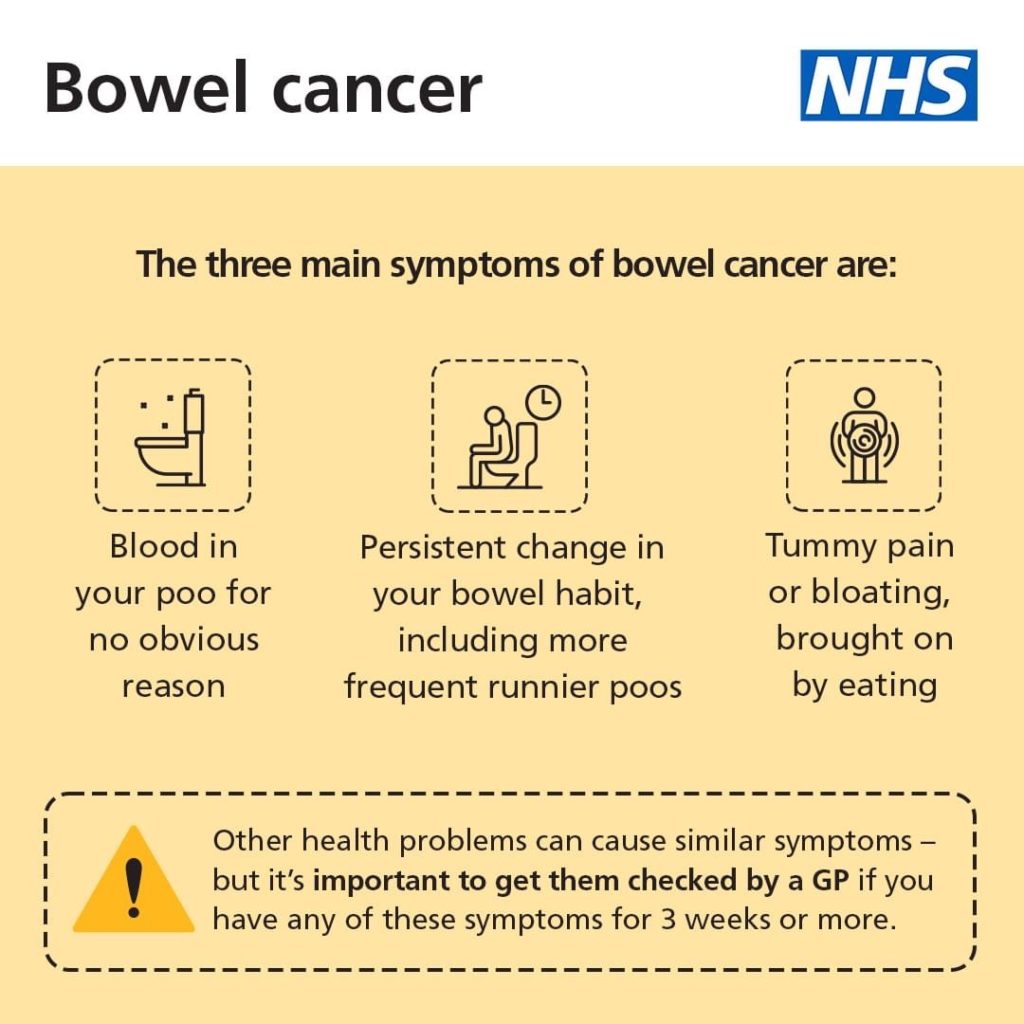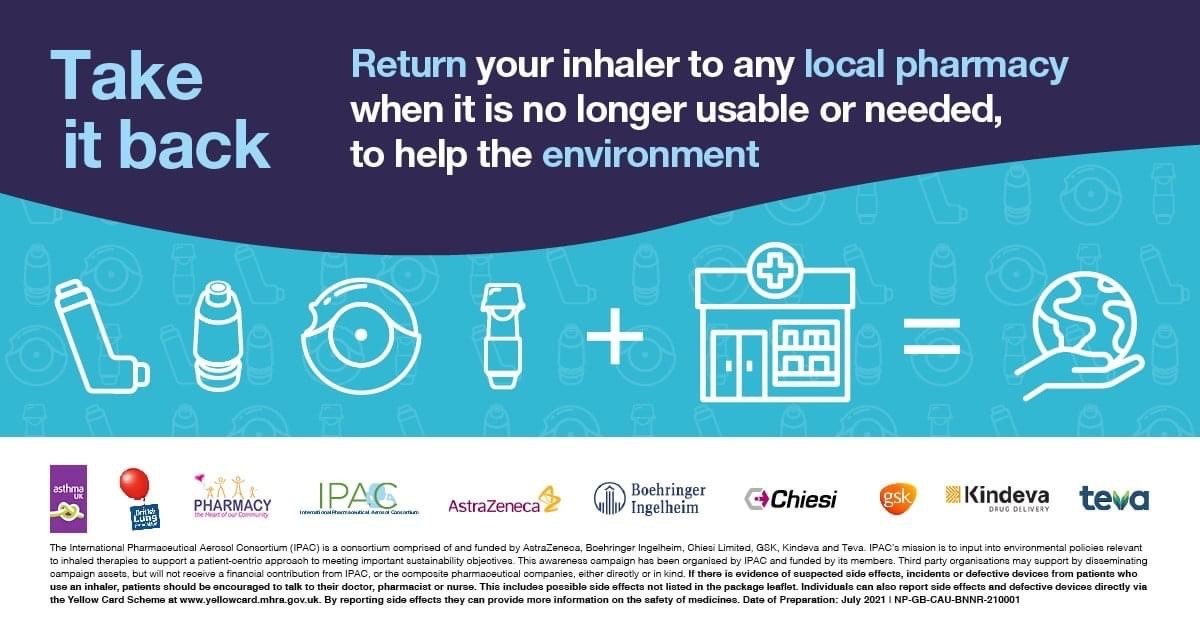Making Our Practice Greener 03/08/2022
This practice is delighted to be signed up to the Green Impact for Health Toolkit and is actively taking steps to reduce our carbon footprint. The climate emergency is also a health emergency, and health care in the UK contributes 5.4% of the UK’s carbon emissions. We need to enhance the health of our current population without compromising the health of future generations, and this means operating within the sustainable boundaries of the planet. Fortunately most of the solutions for the planet also make our health better – for example eating a mainly plant-based diet, engaging in active travel and exercise in nature, avoiding smoking, reducing pollution etc all enhance our health and reduce our need for medications, with further benefits to the NHS, your health and the carbon footprint of healthcare. Take a look at www.greenerpractice.co.uk
to learn more about this.
There are a number of ways that our patients can help support the sustainability within our Health Centre, and we will be proactive in providing information/advice to support patients with regards to this:-
Reviewing use of inhalers
Did you know that using one type of inhaler produces the same CO2 equivalent as driving a car from London to Sheffield? There are similar inhalers available which have 28 times less CO2 equivalent. Find out more about what we are doing about this.
Inhaler review
One of the biggest areas we have identified for improvement is the type of inhalers we prescribe to our patients for chest problems such as asthma and COPD. Some types of inhaler contain propellants which make a significant contribution towards greenhouse gases and our practice carbon footprint. One type of inhaler has the same carbon dioxide equivalent as that produced driving a car from London to Sheffield. When I looked at our prescribing over the last year, inhalers were responsible for almost 21 tonnes of CO2 equivalent. At the moment, only 27% of the inhalers we give to patients are ‘green’. In Europe, this figure is more like 50% and in Sweden, they are at 87%. Most of the time, the ‘green’ inhalers are the same medicine, but delivered slightly differently, so there should not be much difference for patients. If our practice could achieve the same use of ‘green’ inhalers as Sweden, we would see our CO2 equivalent drop to around 9 tonnes per year.
Our plan is to gradually phase in the ‘green’ inhalers. We will most likely do this at your asthma or COPD check up. This means we can show you how to use the ‘green’ inhalers and make sure that your chest condition remains well controlled. Please do not stop any inhalers as any hospital treatment needed for a flare up will result in far more greenhouse gases than the inhaler!
Things you can do in the meantime to help reduce the impact of inhalers on the planet include stopping smoking and increasing your exercise (which will improve your lungs and reduce the need for inhalers), only ordering inhalers that you need, and bringing any used inhalers back to the practice for disposal (we can make sure the propellants are denatured and therefore reduce their impact on greenhouse gases). Making sure your inhaler technique is correct will make sure that you get the most out of your medicines and Asthma UK have some helpful videos on their website to support this.
Electronic prescriptions
Most prescriptions are now signed, sent and processed electronically.
You have 2 choices for how this works.
- You can choose a pharmacy or dispenser to dispense all your prescriptions. When you get a prescription, it will be sent electronically to the dispenser you have chosen. You can collect your medicines or appliances without having to hand in a paper prescription.
- You can decide each time you are issued a prescription where you would like it to be dispensed. When you are issued a prescription, you will be given a paper copy that you can take to any pharmacy or other dispenser in England. The paper copy will contain a unique barcode that will be scanned to download your prescription from the secure NHS database.
Paper prescriptions will continue to be available in special circumstances, but almost all prescriptions will be processed electronically.
Choosing a pharmacy or other dispenser
If you get regular prescriptions or are already using a prescription collection service (where a pharmacy collects prescriptions from your GP practice for you) then choosing a pharmacy to dispense all your prescriptions may save you time by avoiding unnecessary trips to your GP.
You will still order your repeat prescriptions in the same way as you do now, but your prescriptions will be sent electronically to the pharmacy or dispenser of your choice.
You will not have to collect a paper repeat prescription from your GP practice.
Cancelling or changing your choice of pharmacist or dispenser
You can change or cancel your choice of dispenser at any time. Simply speak to your GP or pharmacist before you order your next prescription.
You should allow time for the update to take place to avoid your next prescription being sent to the wrong place.
What can I do if I’m unhappy with the process?
You should be provided with information about electronic prescriptions and give your consent before your choice of dispenser is recorded.
If you’re unhappy with your experience, you can complain to the dispenser, your GP practice or your local integrated care board (ICB).

